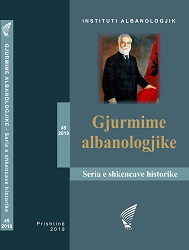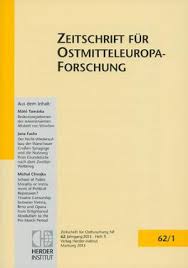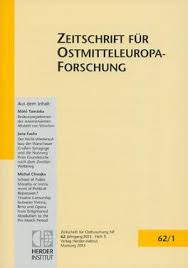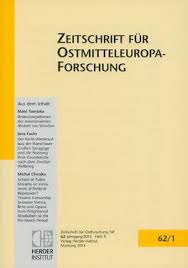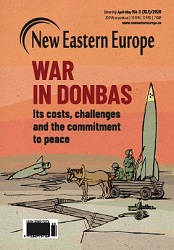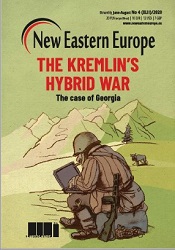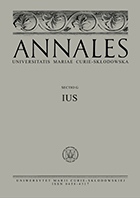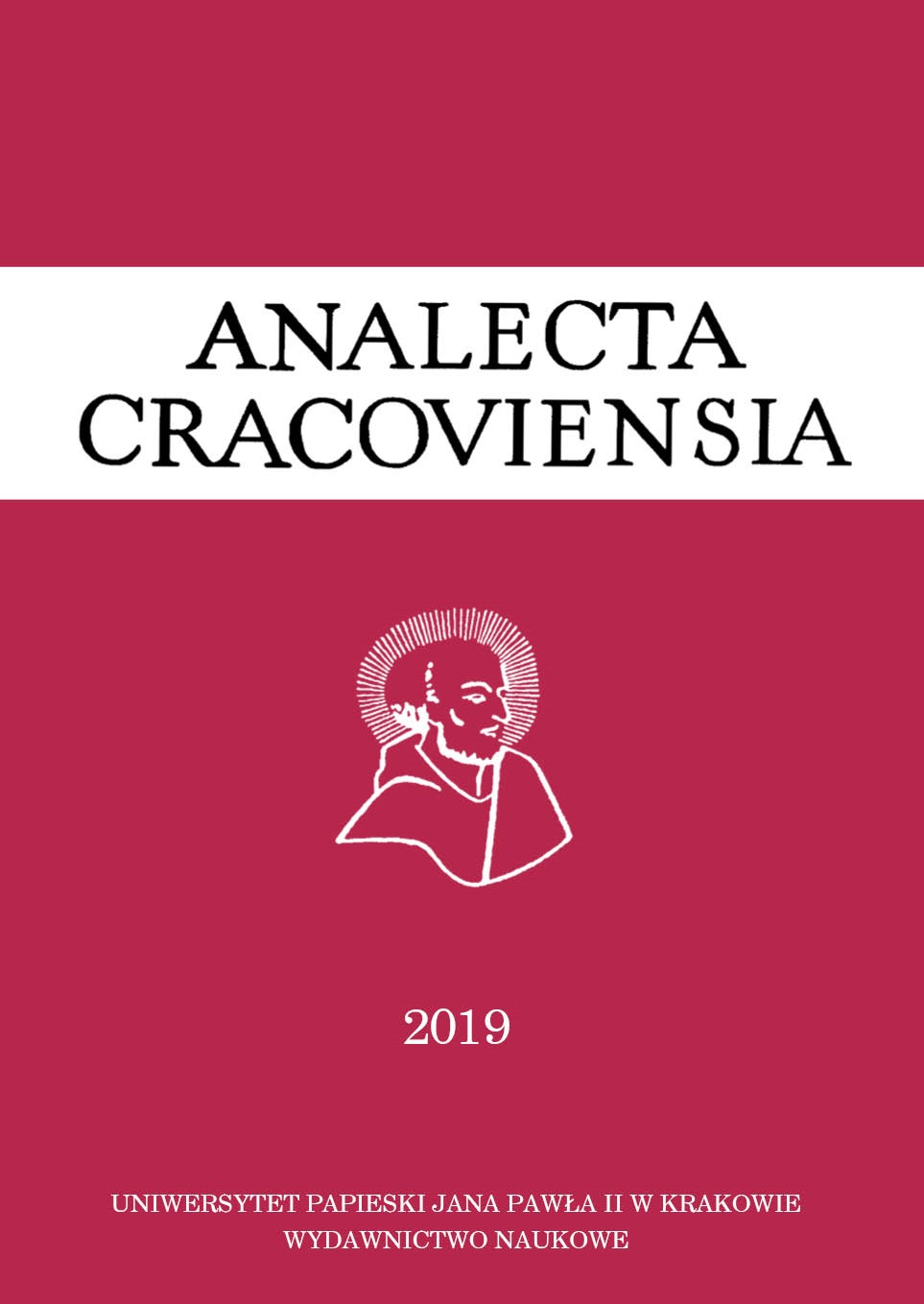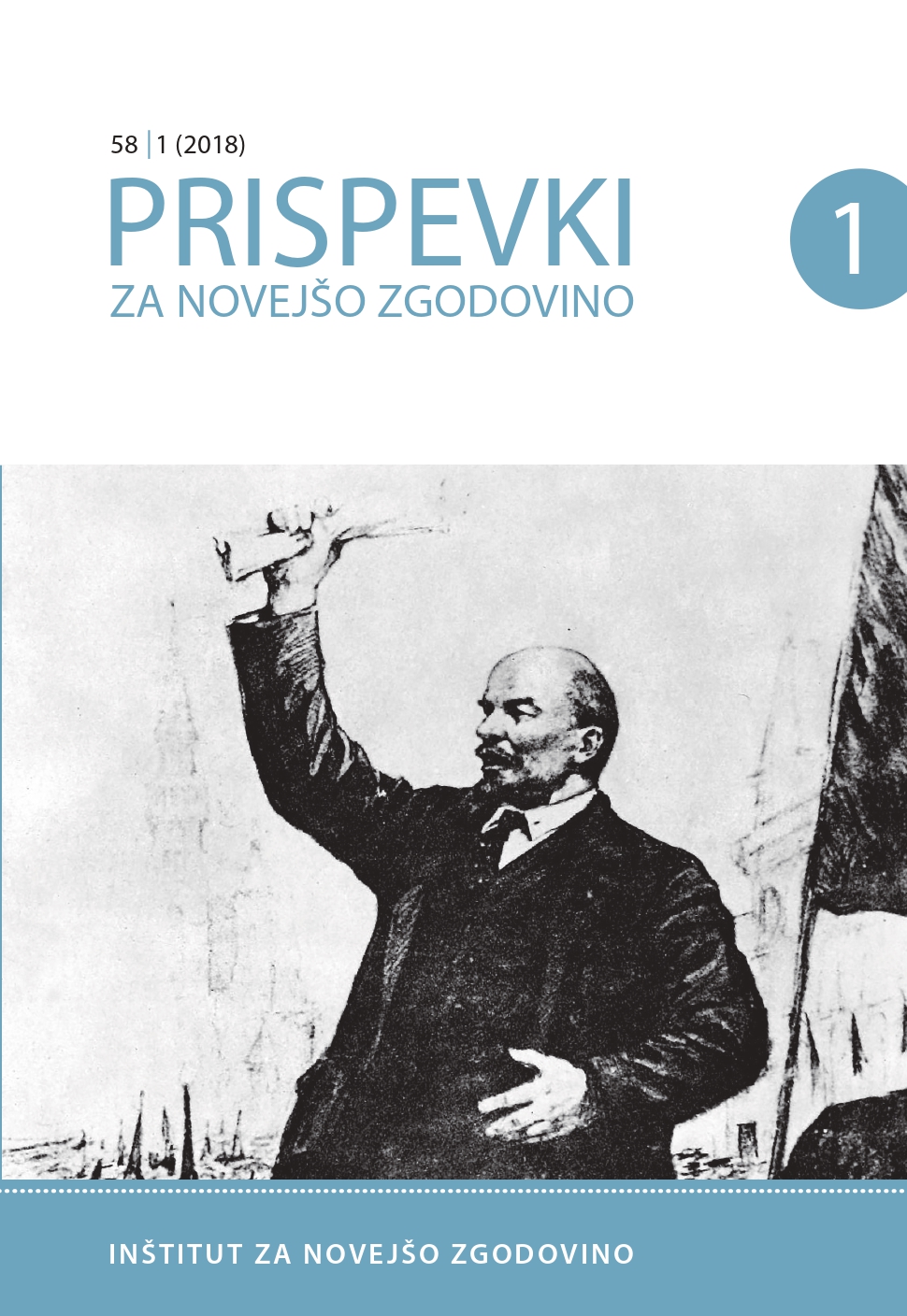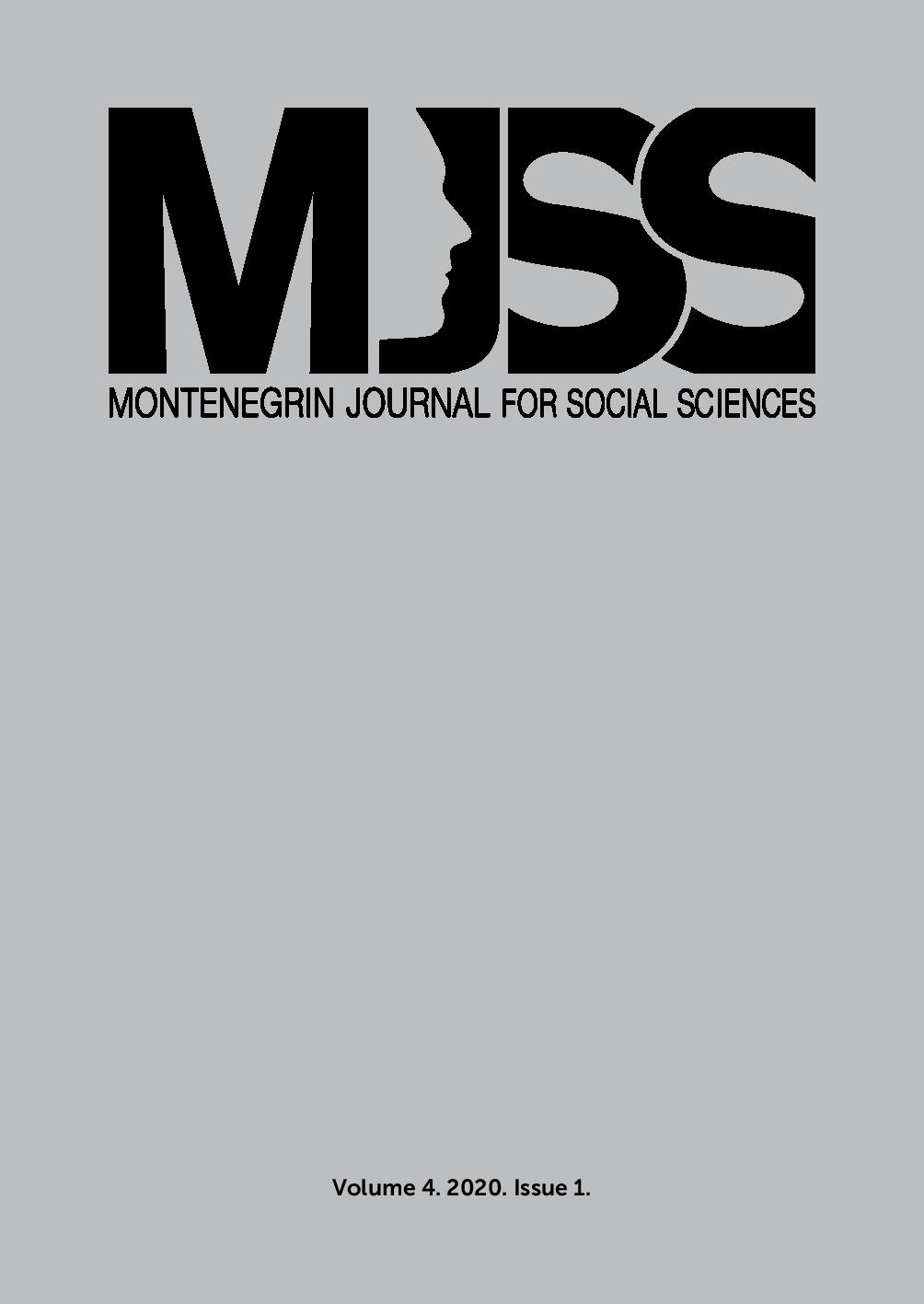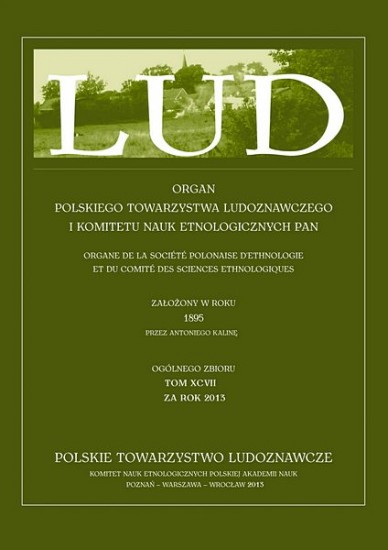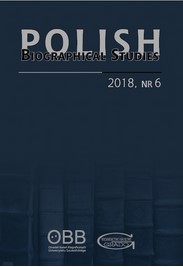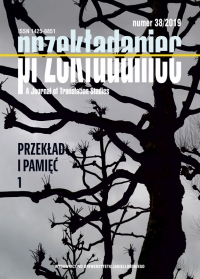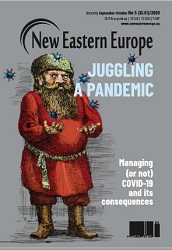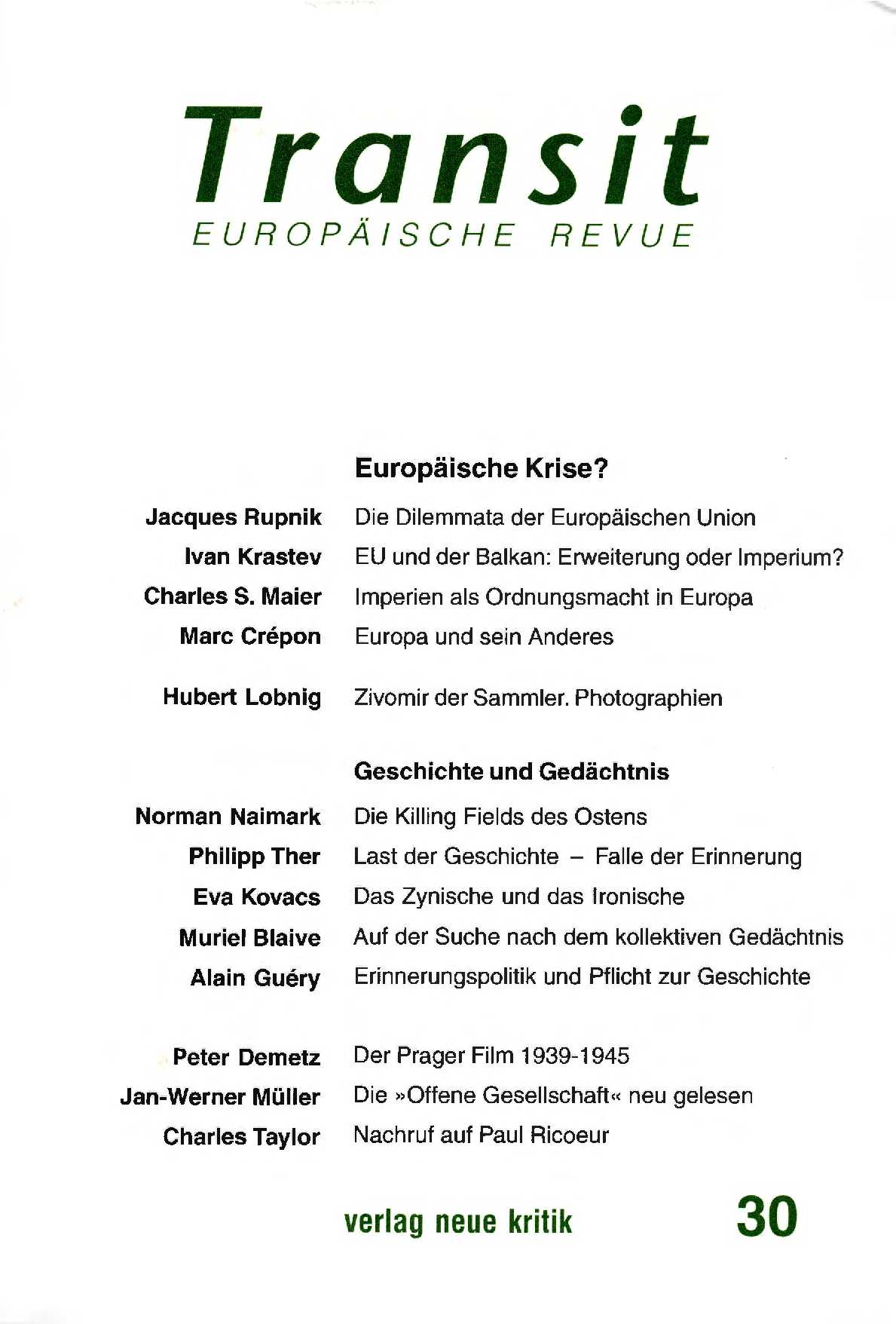
Die Last der Geschichte und die Falle der Erinnerung
Seit der Entscheidung für die Erweiterung der EU steckt Sand im Getriebe der deutsch-polnischen Beziehungen. Ein zentraler Streitpunkt seit 2003 war und ist ein vermeintlich abstraktes Thema: die Geschichte beider Länder.Umstritten ist vor allem die Frage, wie man die Besatzungszeit von 1939 bis 1945 und die anschließende Flucht und Vertreibung der Deutschen aus den ehemaligen deutschen Ostgebieten behandelt. Zwar haben sich die Bundespräsidenten Rau und Köhler und der scheidende Staatspräsident Aleksander K wasniewski immer wieder um versöhnliche Gesten und den deutsch-polnischen Dialog bemüht, aber damit lassen sich die Differenzen zwischen Deutschen und Polen in der Erinnerung an das Jahrzehnt zwischen 1939 und 1948 nicht überbrücken.
More...
